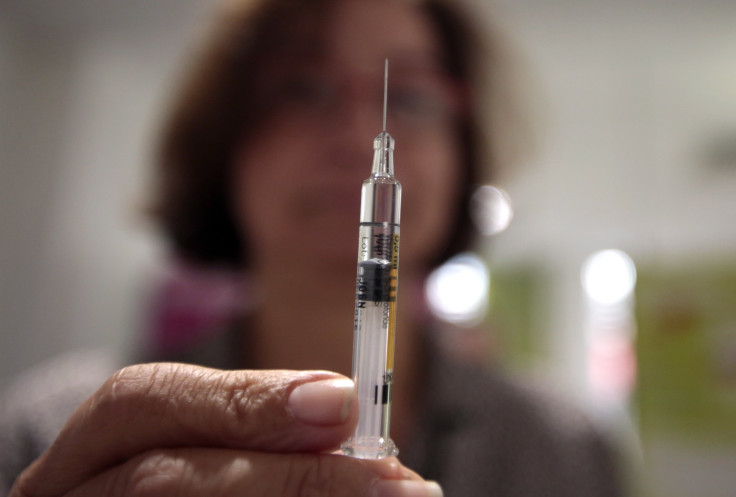Johnson & Johnson announced on Tuesday that it would pause the trial of its coronavirus vaccine after one participant had developed an unexplained illness. It remains unclear whether the participant received a placebo or the experimental COVID-19 vaccine during the trial.
“We have temporarily paused further dosing in all our COVID-19 vaccine candidate clinical trials,” said Johnson & Johnson in a statement. “Following our guidelines, the participant’s illness is being reviewed and evaluated,” the company added.
Johnson & Johnson did not disclose the nature of the illness developed but revealed that an independent board was already conducting an investigation. “We’re also learning more about this participant’s illness, and it’s important to have all the facts before we share additional information,” said the company.
While it is not remarkable for studies as large as the one being conducted by Johnson & Johnson to be paused, any setback encountered in the course of the trial should be subject to investigation to ensure the safety of the potential coronavirus vaccine. The race to develop a coronavirus vaccine is facilitated and closely watched by the Operation Warp Speed, the U.S. government’s effort to expedite the development of a vaccine or treatment that will put an end to the COVID-19 pandemic.
In September, AstraZeneca also halted for the second time the trial of its coronavirus vaccine candidate following a suspected adverse reaction in a participant. The trial was restarted a week after in the U.K. and other countries but it remains on hold in the U.S.
Johnson & Johnson was originally scheduled to release the results of its vaccine trial early next year. Its vaccine is one of the four vaccines that are in the most advanced, phase 3 stage of the trials. It is also one of the six vaccine candidates being tested in the U.S. Unlike the vaccines being developed by frontrunners Moderna and Pfizer, Johnson & Johnson’s COVID-19 vaccine would only require one dose to provide protection from the virus.
Meanwhile, experts have suggested that a coronavirus vaccine would unlikely be ready for mass production and distribution before next spring despite Donald Trump repeatedly promising a vaccine before the Nov. 3 presidential elections.

© 2025 Latin Times. All rights reserved. Do not reproduce without permission.



